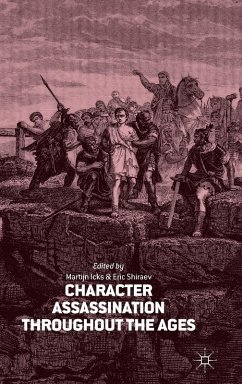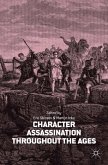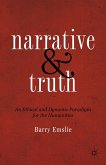Using a variety of cases from history and today's life, the book examines character attackers targeting the private lives, behavior, values, and identity of their victims. Numerous historical examples show that character assassination has always been a very effective weapon to win political battles or settle personal scores.
"The can be few pleasures more delicious than witnessing the savaging of the reputations of the great and the good. This volume treats us to a rich smorgasbord of notable defamations, from the Romans down to our own day. They are served up by experts who seek to inform and entertain us and who succeed at both." - Anthony Barrett, University of British Columbia, Canada
'This tightly knit volume is a major contribution to our understanding of the ugly side of modern politics. It historicises what appears to be a universal human trait across all political societies the tendency of politics to descend towards mudslinging and character assassination. It asks why character assassination is an attractive political strategy, when it is most effective, and how it can be resisted. It establishes the different strategies of attack and defence that have been used in conjunction with changing media and that apply in closed dictatorial and open democratic societies, and it also establishes why it is a particularly ubiquitous strategy in electoral politics. Perhaps not surprisingly, the volume demonstrates that victims also have more possible strategies of defence under democracies, but it also shows how under an unpopular regime such as the Czechoslovakian regime after 1968 denigration of dissidents such as Václav Havel and Charter 77 could backfire spectacularly.' - Simon Burrows, University of Western Sydney, Australia
'This tightly knit volume is a major contribution to our understanding of the ugly side of modern politics. It historicises what appears to be a universal human trait across all political societies the tendency of politics to descend towards mudslinging and character assassination. It asks why character assassination is an attractive political strategy, when it is most effective, and how it can be resisted. It establishes the different strategies of attack and defence that have been used in conjunction with changing media and that apply in closed dictatorial and open democratic societies, and it also establishes why it is a particularly ubiquitous strategy in electoral politics. Perhaps not surprisingly, the volume demonstrates that victims also have more possible strategies of defence under democracies, but it also shows how under an unpopular regime such as the Czechoslovakian regime after 1968 denigration of dissidents such as Václav Havel and Charter 77 could backfire spectacularly.' - Simon Burrows, University of Western Sydney, Australia








